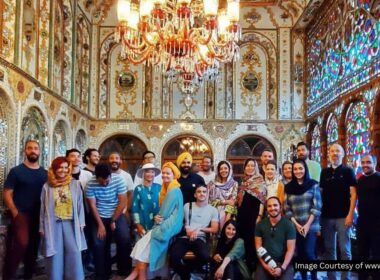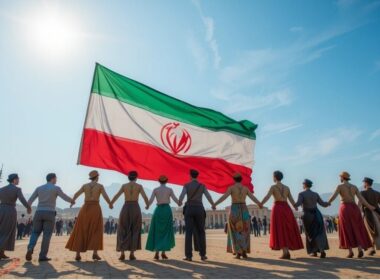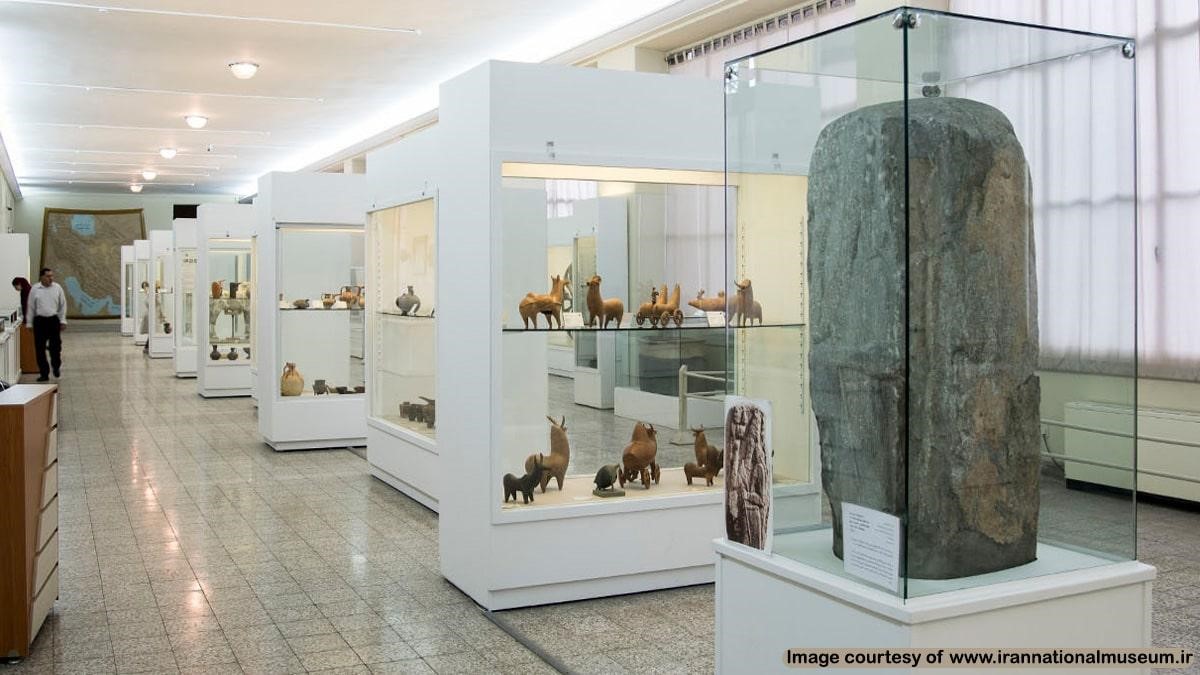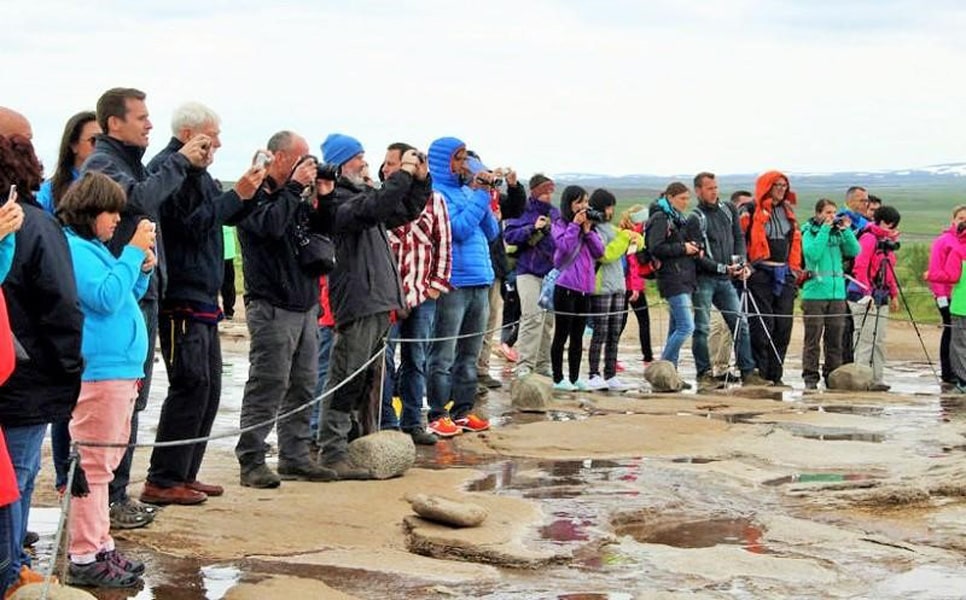
Understanding Responsible Tourism principles and introducing policies to promote them in host communities are needed to advance tourism and achieve sustainable development in this field. These policies include guidelines, incentives, and strategies that consider the interests of the host community.
Local tourism authorities are pivotal in fulfilling these economic, social, and environmental responsibilities. This role is developed through a commitment to supportive policies and providing the required financial resources.
The goal is to improve tourist destinations for local communities and the tourists who visit them. The media also play an essential role in this. They should introduce the Responsible Tourism Charter along with tourist destinations and avoid creating false expectations and publish fair and balanced reports.

To achieve these goals, we must all adhere to the following principles:
Responsible Tourism Principles Concerning Financial Accountability
These principles are:
- Evaluating economic impacts before tourism development and setting priorities for development strategies that benefit local communities and minimize negative impacts on the livelihoods of the local population, with the understanding that tourism may not always be the most logical course of action for local economic development.
- Maximize local economic benefits by improving networking and reducing losses. This is achieved by ensuring local communities participate in and benefit from tourism. Tourism should be used to help diminish poverty by adopting policies that support the population struggling with poverty.
- Production of quality products that represent, complement, and improve the tourist destination.
- Taking approaches in tourism marketing that showcase the destination’s natural, cultural, and social cohesion and encourage appropriate tourism behavior.
- Adopt fair business practices, maintain fair prices, and engage in partnerships that share risk accountability and minimize the amount of such risk. Employing a workforce that fits international labor standards.
- Providing appropriate and adequate support to small and medium-sized businesses to ensure that tourism-related businesses flourish and remain sustainable.
Responsible Tourism Principles Concerning Social Accountability
These principles are:
- Calling on local communities to actively participate in planning and decision-making processes and building the capacity to realize these goals.
- Evaluating the social impacts of tourism in the entire process of operations – including the planning and design phases of projects – to minimize the adverse effects and maximize the positive effects of tourism.
- Strive to make tourism an inclusive social experience and ensure it is accessible to all groups, especially at-risk and disadvantaged communities.
- Combating the exploitation of individuals, especially women and children.
- Being sensitive to the host community’s culture and maintaining and encouraging social and cultural diversity.
- Aim to ensure that tourism improves the health and education of the local community.
Responsible Tourism Principles Concerning Environmental Protection
These principles are:
- Evaluating the impact of tourism operations and facilities on the environment – including the planning and design phases- and ensuring that its adverse effects are reduced to a minimum and positive effects are maximized.
- Sustainable use of resources and reducing waste, and lowering consumerism.
- Sustainable management of natural diversity and, when possible, its restoration, considering the volume and type of tourism and its impact on the environment and respecting the integrity of vulnerable ecosystems and protected areas.
- Promote education and awareness about sustainable development – for all involved audiences.
- Enhance the capabilities of all involved communities, ensure that best practices are adopted, and consult with environmental protection professionals to achieve this.
We have already published the practical measures required by tourists and local communities in the “Responsible Tourism Charter” webpage linked above. In Iran, education is one of the most essential measures that must be considered to teach, implement and internalize responsible tourism principles.
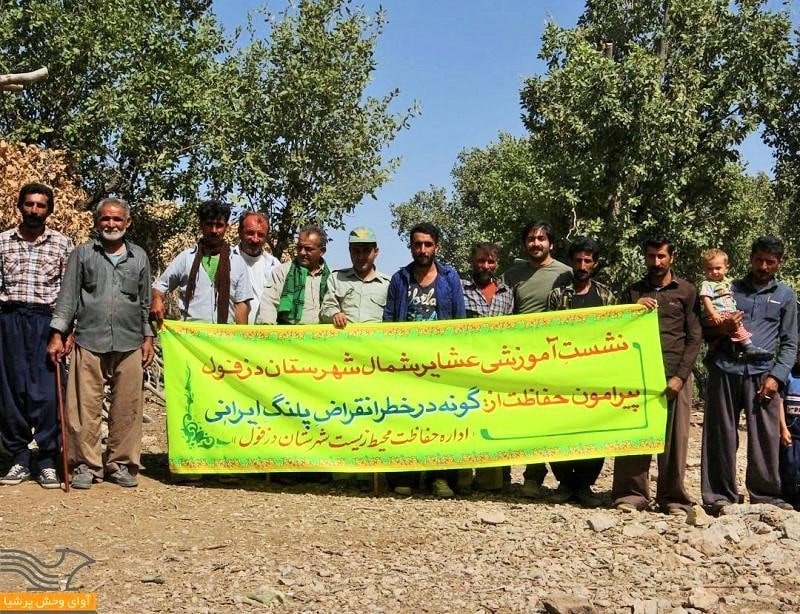
The above text is inspired by the contents of responsibletourismpartnership.org


